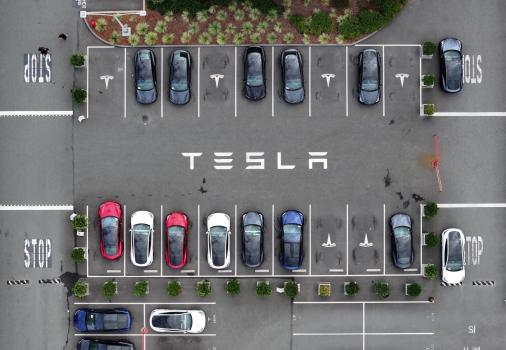Stateline.org, by Madyson Fitzgerald.
As the technology for self-driving cars develops, state legislators are enacting a growing number of safety and liability rules.
According to a database maintained by the National Conference of State Legislatures, laws regulating autonomous cars were passed this year by legislators in Arizona, Louisiana, Montana, Nevada, and the District of Columbia.
Other proposals establish regulations for insurance, licensing, permits, and road testing, while the majority of the legislation attempts to update the current law to incorporate new terminology for autonomous cars.
The database shows that politicians in 25 states introduced 67 bills pertaining to autonomous vehicles. Bills are presently being considered in California, Illinois, Massachusetts, New Jersey, New York, and Pennsylvania. Bills from Alaska, Delaware, and Washington will be carried over into the following legislative session.
This year, two bills were vetoed by governors. A bill that would have required a driver to be present in any commercial vehicle being driven by an autonomous driving system was vetoed by Colorado Democratic Governor Jared Polis.
A bill that would have established regulations for high-risk AI systems but would have excluded autonomous car technology from that category was vetoed by Republican Governor Glenn Youngkin of Virginia.
According to the Society of Automotive Engineers’ standards, no car has attained complete autonomy as of yet. However, a number of automakers have implemented autonomous driving capabilities that enable drivers to remove their hands from the wheel.
The Full Self-Driving capability, which allows a car to drive itself practically anywhere with little assistance from the driver, is being introduced by Tesla. Additionally, Tesla Autopilot assists with basic car maneuvering and was released to the public by the firm in late 2024.
Additionally, Waymo, the nation’s first autonomous ride-hailing service, is presently available in Phoenix, San Francisco, Los Angeles, Austin, Texas, and Atlanta. Next on the robo-taxi company’s expansion list are Miami and Washington, D.C.
Related Articles
-
Trump eyes National Guard expansion into New York, Chicago
-
Battenfeld: Will Bostonians be holding the bag for Michelle Wu s grandstanding?
-
Lucas: Trump bypassing perpetually weak UN
-
Trump visits a DC gift shop and the Kennedy Center during military crackdown
-
FACT FOCUS: Posts overestimate number of noncitizens living in US by tens of millions
The primary advantage of autonomous vehicles, according to the National Highway Traffic Safety Administration, is increased vehicle safety. Increased automation reduces the possibility of driver distractions and human error. According to the EPA, the new technology may help increase pedestrian and bicycle safety.
However, in recent years, hundreds of incidents using autonomous vehicles have occurred. According to an analysis by the California-based legal firm DiMarco Araujo Montevideo, 696 incidents involving Waymo vehicles were registered between 2021 and 2024.
And following several reports of crashes that happened in limited visibility, the National Highway Traffic Safety Administration started looking into Tesla’s Full Self-Driving technology last year.
States Newsroom, 2025. Go to the website stateline.org. Tribune Content Agency, LLC is the distributor.












